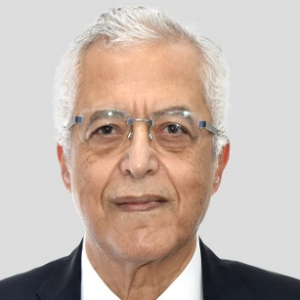3D Cell Culture
3D Cell Culture is a sophisticated technique that involves growing cells in three-dimensional environments, more closely resembling the complexity of natural tissues compared to traditional two-dimensional cultures. This approach utilizes scaffolds, hydrogels, or specialized matrices to support cell growth and mimic the intricate architecture of tissues in vivo. Unlike conventional cell cultures, 3D cell culture systems provide a more physiologically relevant microenvironment, influencing cell behavior, gene expression, and drug response. This technology is particularly valuable in studying cell-to-cell interactions, tissue development, and disease progression. Researchers use 3D cell culture for drug discovery and testing, as it better predicts in vivo responses compared to 2D cultures. It allows for the creation of organoids, miniature versions of organs, enabling detailed studies of organ development, function, and disease modeling. The technique is widely employed in cancer research to understand tumor growth, invasion, and response to therapeutic agents. Additionally, 3D cell culture finds applications in regenerative medicine, tissue engineering, and personalized medicine, offering a more accurate representation of human physiology. Challenges in 3D cell culture include standardization, scalability, and the development of reproducible methods. Ongoing advancements in biomaterials and engineering techniques continue to enhance the effectiveness and applicability of 3D cell culture, contributing to its increasing prominence in biomedical research and pharmaceutical development.

Nagy Habib
Imperial College London, United Kingdom
Lucie Bacakova
Institute of Physiology of the Czech Academy of Sciences, Czech Republic



Title : AI-integrated high-throughput tissue-chip for space-based biomanufacturing applications
Kunal Mitra, Florida Tech, United States
Title : Stem cell technologies to integrate biodesign related tissue engineering within the frame of cell based regenerative medicine: towards the preventive therapeutic and rehabilitative resources and benefits
Sergey Suchkov, N.D. Zelinskii Institute for Organic Chemistry of the Russian Academy of Sciences, Russian Federation
Title : In vitro evaluation of lyophilized Dedifferentiated Fat cells (DFAT) impregnated artificial dermis
Kazutaka Soejima, Nihon University, School of Medicine, Japan
Title :
Nagy Habib, Imperial College London, United Kingdom
Title :
Alexander Seifalian, Nanotechnology & Regenerative Medicine Commercialisation Centre, United Kingdom
Title : The regenerative medicine of the future
Marco Polettini, DVM, Italy